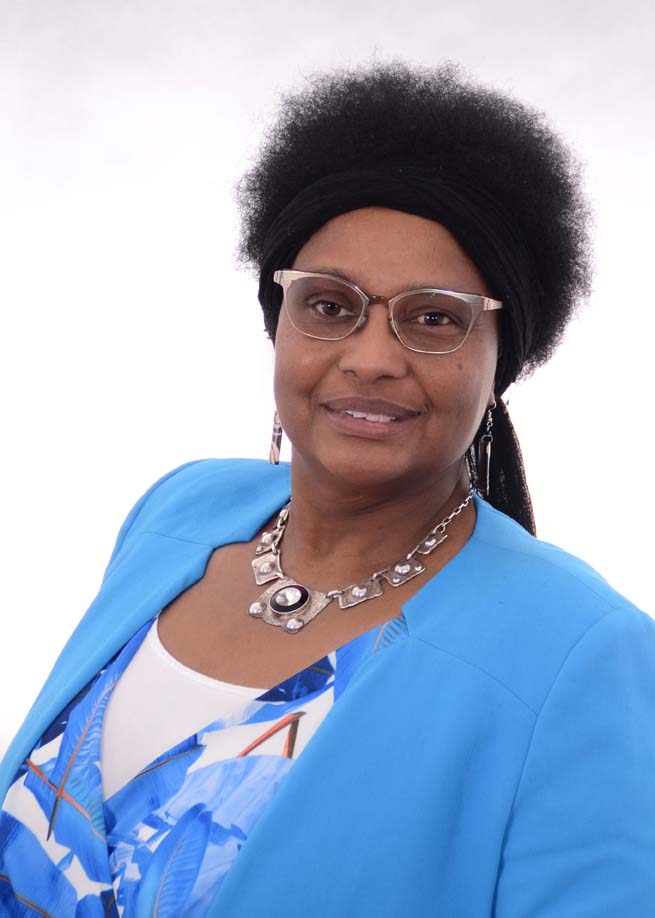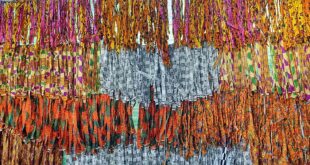Dr Pierrette Herzberger-Fofana, Member of the European Parliament, representing Germany on the platform of the Green Party, writes on her efforts to make Europe leave up to its self-professed commitment to upholding the memory of the trans-Atlantic slave trade and work for the mitigation of its present-day negative legacies, such as racism and discrimination
—–
In June 2020, the European Parliament passed a resolution that was adopted by a large majority of 493 votes in favour, 104 against, 67 abstentions and supported by 5 of the 7 political groups.
The resolution, passed following demonstrations against racism, states that:
“The European Parliament calls on the institutions and the Member States of the European Union to officially recognise the injustices of the past and the crimes against humanity committed against black people and people of colour; declares the slave trade a crime against humanity and calls for the 2nd of December to be declared as the European Day of Commemoration of the Abolition of the Slave Trade; encourages Member States to include the history of black people and people of colour in their curricula.”
The resolution is not only of symbolic value, but it will also help to accelerate the duty of remembrance that all countries of the European Union must face.
We will have to rethink and deconstruct the discourse of history textbooks, which will be a long-term task.

For example, in 2001, the European Parliament, like France, recognised the transatlantic slave trade as a crime against humanity. The European Parliament proclaimed the
2nd of December as the European Day for the Commemoration of the Abolition of the Slave Trade.
It is also a day of moral legacy on the respect for human dignity.
To commemorate the day, the EU- ARDI (Anti-Racism and Diversity Intergroup group of the European Parliament) organised a videoconference on 2 December 2020 at the European Parliament.
Eminent personalities from the academic and political worlds took part at the event, the first of its kind.
Many speakers were on the panel and eagerly participated in the discussion at the virtual meeting.
They all believed that racism is one of the after-effects of slavery.
In my contribution, I showed that in the Age of Enlightenment, the whole of Europe has benefited from slavery in various forms, including countries that were not considered as colonists or with a slave trading past, such as Germany, the Netherlands, Sweden, Denmark etc….
The most common form of slavery has been the abduction, purchase or hostage-taking of African children deported to the courts of Europe. These children were called “small pages” a bad euphemism. The most famous example of a child “imported” into Germany was William Anton Amo.
These captives have also made history as “children of voluptuousness.” This was the case of Machbuba, a 14-year-old girl “bought” at the Cairo market by a German prince.
Others served as “toys” or “little monster” to frighten the ladies of the Austrian court as Rutsimo, who “belonged” to Princess Sissi, a historical figure famous in the German world.
My exhibition “Heroes and Heroines Hidden from the Transatlantic Trade”
The decade of people of African descent (2015-2024), promulgated by the United Nations, was an opportunity for me to design, in 2016, an exhibition consisting of 25 paintings of these “captives” as part of our annual cultural event in Germany, the “Black History Weeks”.
This exhibition was presented in all the high schools of our city in Erlangen. Since then, it has toured several cities like Munich, Nuremberg, Karlsruhe etc…
Conclusion
Because of the Covid-19 pandemic, it was not possible to show my exhibition to the Parliament in December. It illustrates the case of many captives, some of whom experienced a tragic fate, others were luckier. These children often appear in paintings alongside their white ‘master or mistress’.
We hope to be able to present it next year as soon as the pandemic will be a bad memory and Parliament will be functioning in full blast as before.
Dr Pierrette Herzberger-Fofana, MEP
Co-President of EU-ARDI (Anti-Racism and Diversity Intergroup
READ ALSO EU Parliament marks first European Gender Equality Week
 THE AFRICAN COURIER. Reporting Africa and its Diaspora! The African Courier is an international magazine published in Germany to report on Africa and the Diaspora African experience. The first issue of the bimonthly magazine appeared on the newsstands on 15 February 1998. The African Courier is a communication forum for European-African political, economic and cultural exchanges, and a voice for Africa in Europe.
THE AFRICAN COURIER. Reporting Africa and its Diaspora! The African Courier is an international magazine published in Germany to report on Africa and the Diaspora African experience. The first issue of the bimonthly magazine appeared on the newsstands on 15 February 1998. The African Courier is a communication forum for European-African political, economic and cultural exchanges, and a voice for Africa in Europe.






























